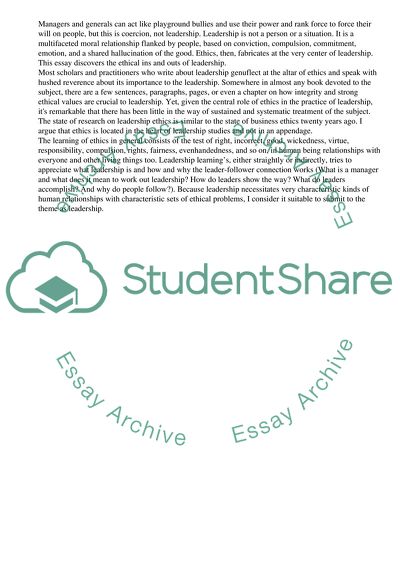Cite this document
(Leadership Ethics - Attracting Followers in the Area of Universal Valu Term Paper, n.d.)
Leadership Ethics - Attracting Followers in the Area of Universal Valu Term Paper. Retrieved from https://studentshare.org/management/1510129-leadership-ethics
Leadership Ethics - Attracting Followers in the Area of Universal Valu Term Paper. Retrieved from https://studentshare.org/management/1510129-leadership-ethics
(Leadership Ethics - Attracting Followers in the Area of Universal Valu Term Paper)
Leadership Ethics - Attracting Followers in the Area of Universal Valu Term Paper. https://studentshare.org/management/1510129-leadership-ethics.
Leadership Ethics - Attracting Followers in the Area of Universal Valu Term Paper. https://studentshare.org/management/1510129-leadership-ethics.
“Leadership Ethics - Attracting Followers in the Area of Universal Valu Term Paper”, n.d. https://studentshare.org/management/1510129-leadership-ethics.


